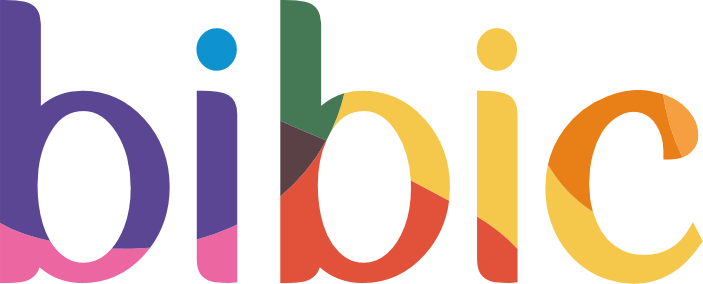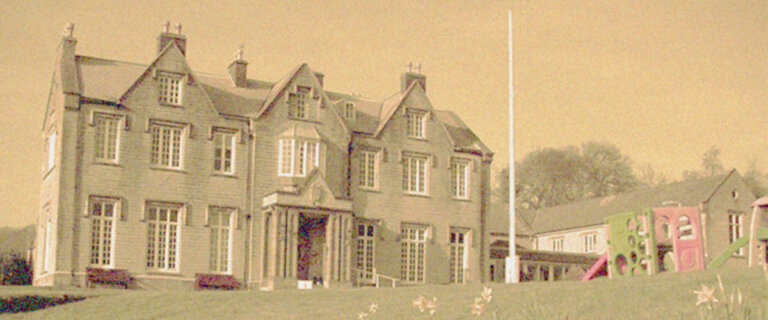

History of bibic
Timeline of bibic history
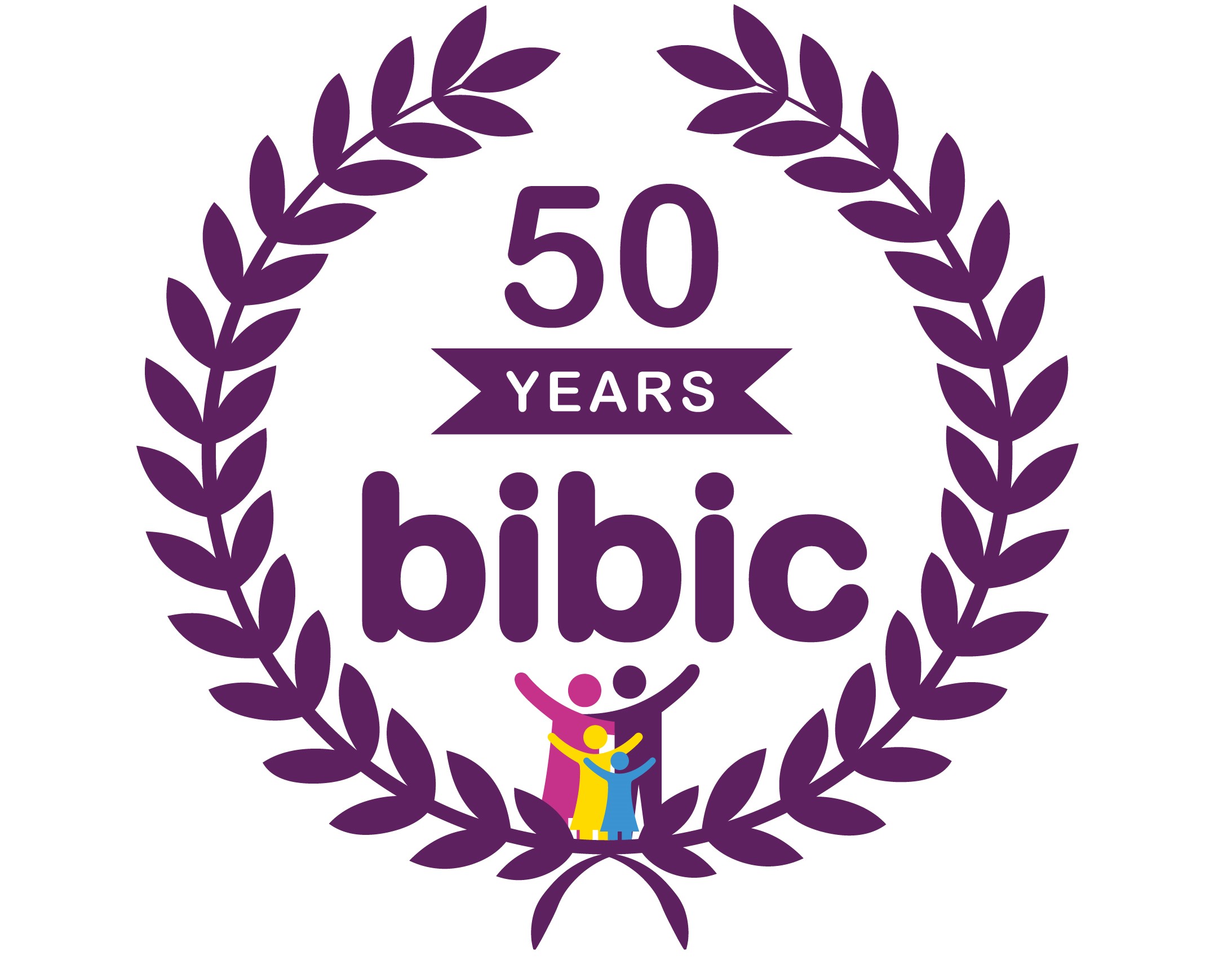
2022
bibic’s 50th anniversary, celebrating 50 years of supporting families.
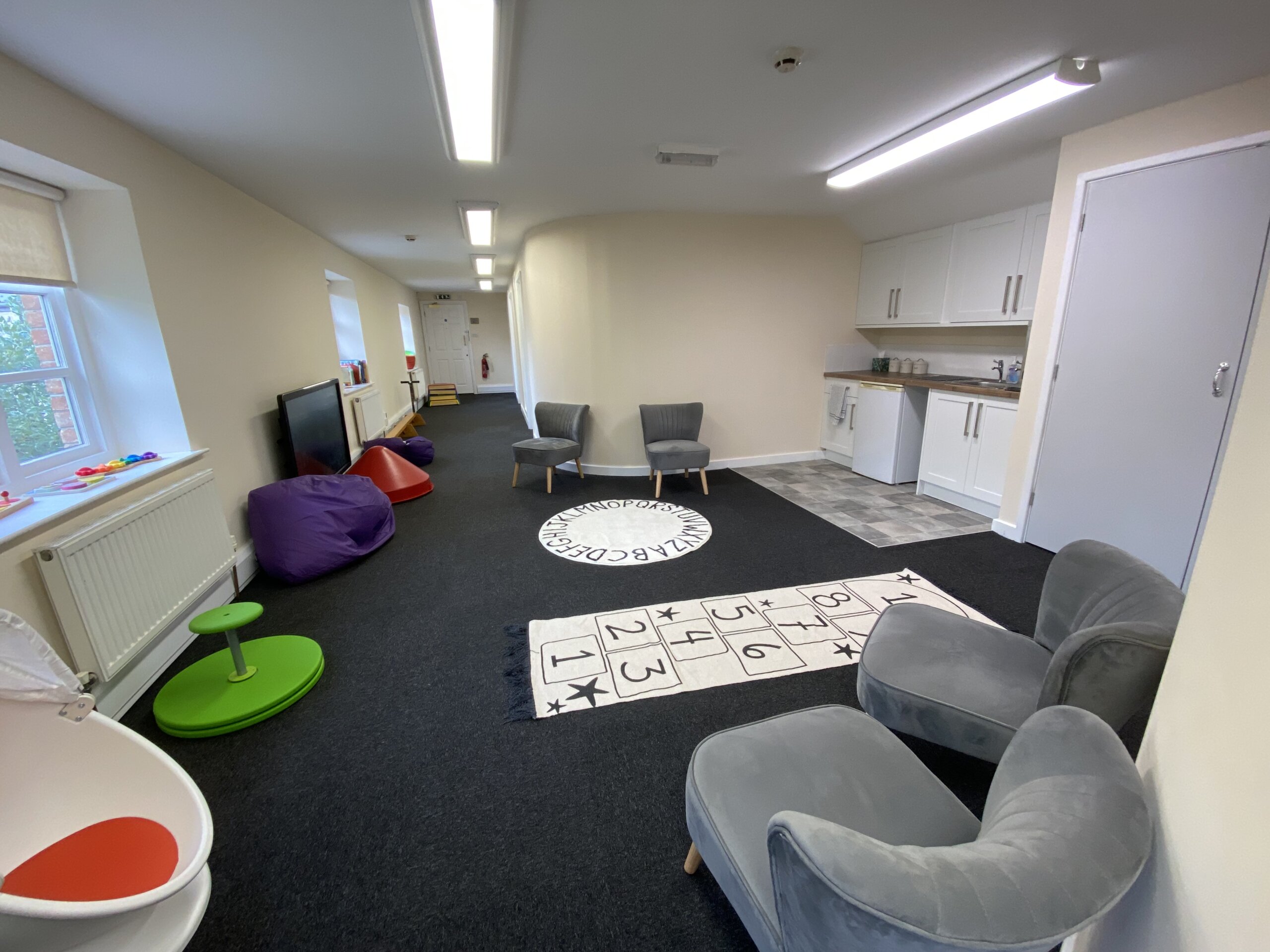
2021
bibic opened a brand new therapy suite, increasing the space for families to enjoy and welcoming two additional therapists to the team!
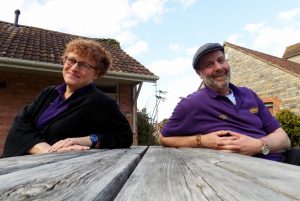
2016
bibic expands the therapy team by recruiting new therapists.
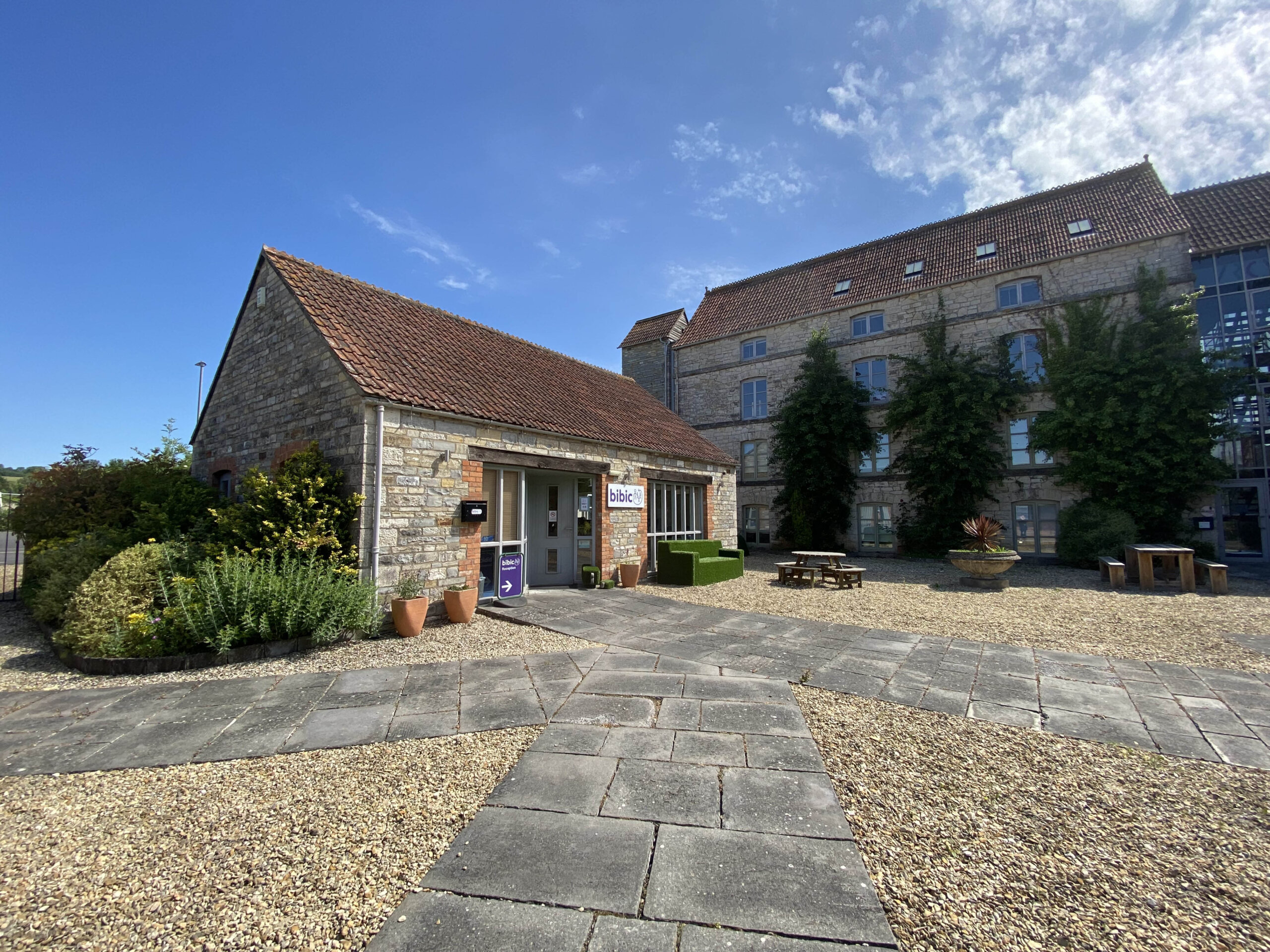
2014
bibic moved to new premises in Langport, Somerset where it is based today.
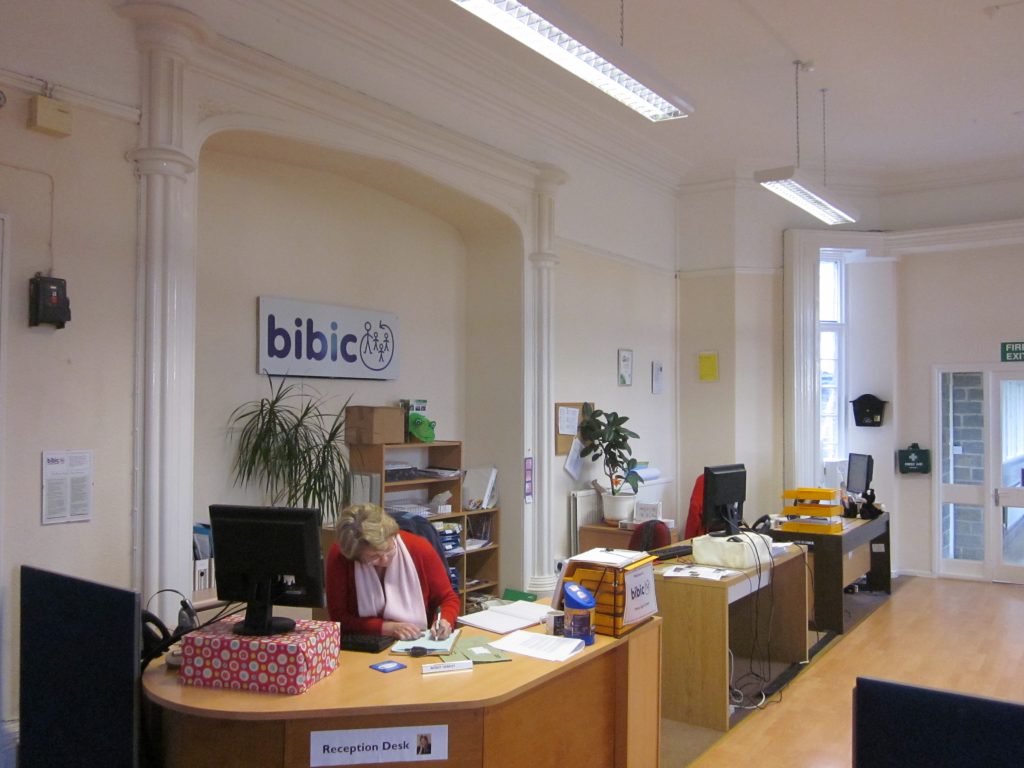
2007
The British Institute for Brain Injured Children shortened it’s name and became known as bibic. This is because the charity evolved to support a wide range of neurological and genetic conditions as well as supporting children and young people with no diagnosis.
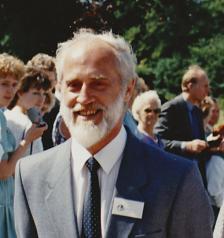
1990s
After over 20 years building an amazing charity, Keith Pennock retired as Chief Executive of bibic.
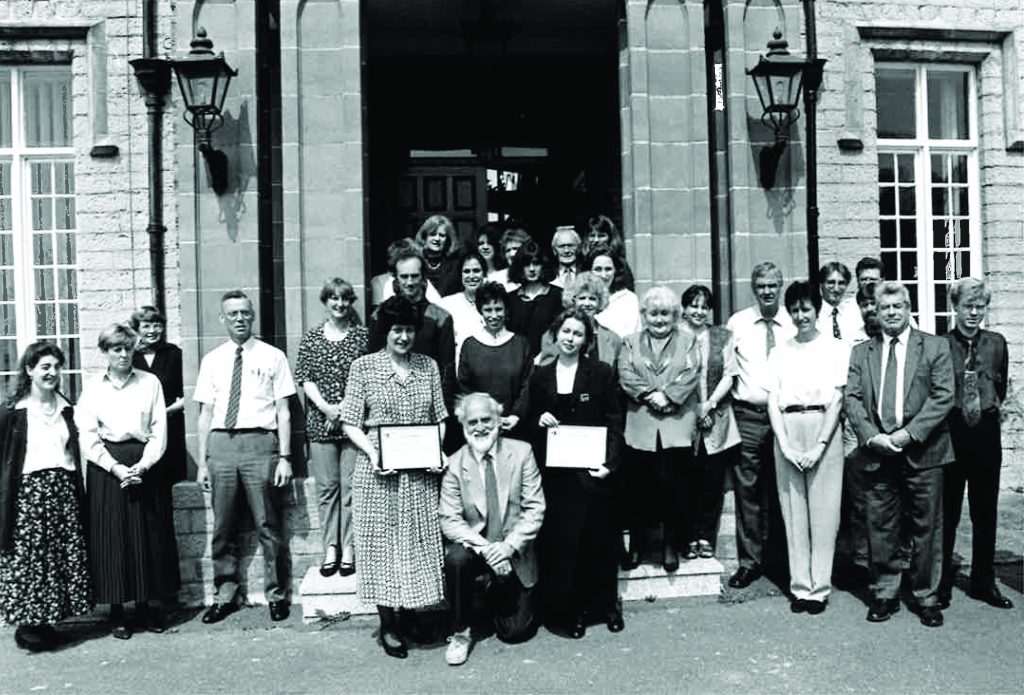
1980
The British Institute for the Achievement of Human Potential becomes The British Institute for Brain Injured Children.
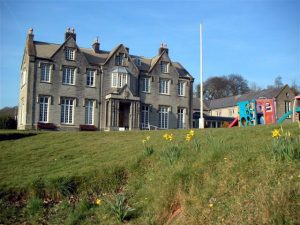
1976
Keith moved The British Institute for the Achievement of Human Potential to Knowle Hall in Bridgwater, Somerset.
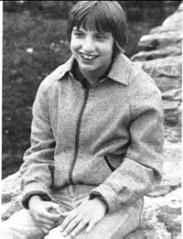
1972
After huge improvements in Alison’s difficulties and great success with the programme Keith, was approached by The Institutes for the Achievement of Human Potential and opened The British Institute for the Achievement of Human Potential in Staffordshire.
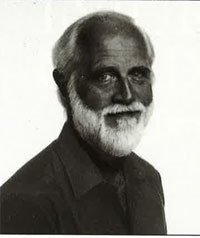
1970
Keith and his wife heard about The Institutes for the Achievement of Human Potential and travelled to Philadelphia with Alison to use the services of The Rehabilitation Centre.
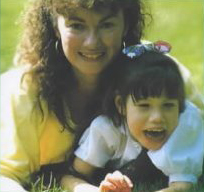
1966
Meanwhile, in England, Keith Pennock’s daughter Alison is born. Alison acquired a brain injury at a young age.
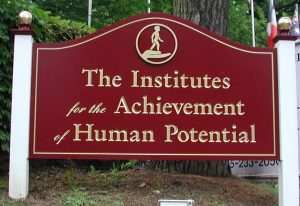
1963
After growth in the number of families using it, and the diversification of the doctors and therapists working there, The Rehabilitation Centre at Philadelphia became the main centre for The Institutes for the Achievement of Human Potential.
